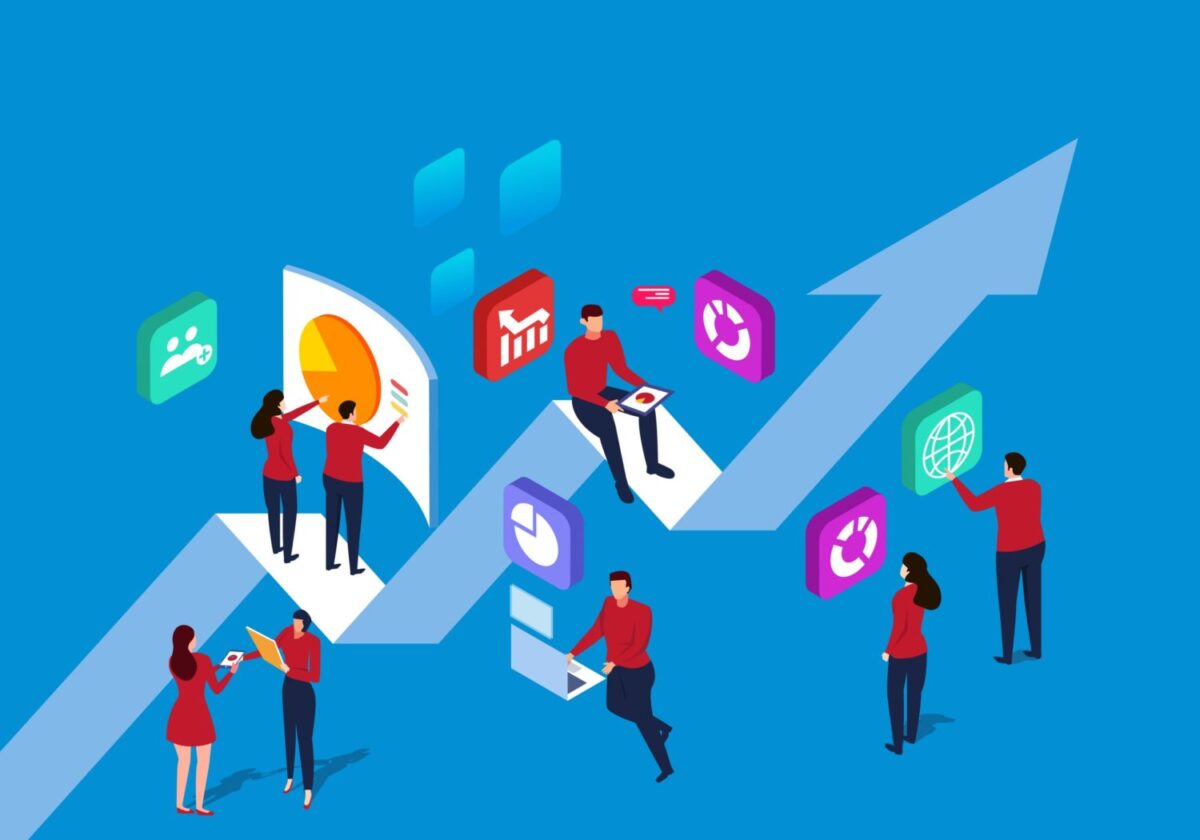Viewpoint Accelerates Onboarding, Achieves Over 90% Training Completion with Mindtickle
Business growth is a good thing — unless your sales team lacks the tools necessary to quickly and easily scale alongside it.
This was the challenge Viewpoint faced in 2017
. The global provider of cloud-based software solutions for the construction industry had just created a sales enablement department and found that its incumbent system of multiple siloed tools wasn’t effective enough to streamline sales readiness and enablement programs for the rapidly growing company.
For example, when it came to sales training, Viewpoint had been using a video conferencing tool and sharing recordings via an email blast or SharePoint. This approach lacked any kind of tracking for training and certifications. In addition, there was no clear cadence for enablement communications, and onboarding for new reps was not fast enough – delaying new reps’ contributions to the sales pipeline.
In search of a solution that would unite their sales team’s efforts, Viewpoint evaluated a number of sales enablement and sales readiness platforms before ultimately selecting Mindtickle. Once implemented, the platform was fully launched within three months and rolled out across the Viewpoint sales team. And, just a few months after the initial launch, Viewpoint extended the platform to its channel partners and Professional Services and Support departments.
With a concerted effort underpinned by Mindtickle, Viewpoint has realized its vision to systematize enablement and readiness in a number of ways.
- By streamlining and consolidating sales enablement and readiness onto a single platform, Viewpoint gained better insight into training and boosted certifications by over 90%.This was driven, in part, by flexible options for ongoing learning via different channels like podcasts.
- Mindtickle has simplified enablement communicationsat Viewpoint as well. Now, the team creates short videos once a week and conducts knowledge assessments through test questions.
- Viewpoint has also accelerated onboarding, which was a key 2018 initiative for the company. Remarkably, Mindtickle helped Viewpoint reduce its new reps’ time to first booked deal from 130 days to 52 — a 60% year-over-year improvement.
“Reps have told us this is the best onboarding experience they’ve had at any company,” says Jake Boenisch, Senior Director of Integrated Learning and Field Enablement at Viewpoint. “I think a lot of credit goes to the Mindtickle platform and having the technology in place to differentiate us from our competitors.”
To learn more about Viewpoint’s success with Mindtickle, read the entire case study here.











